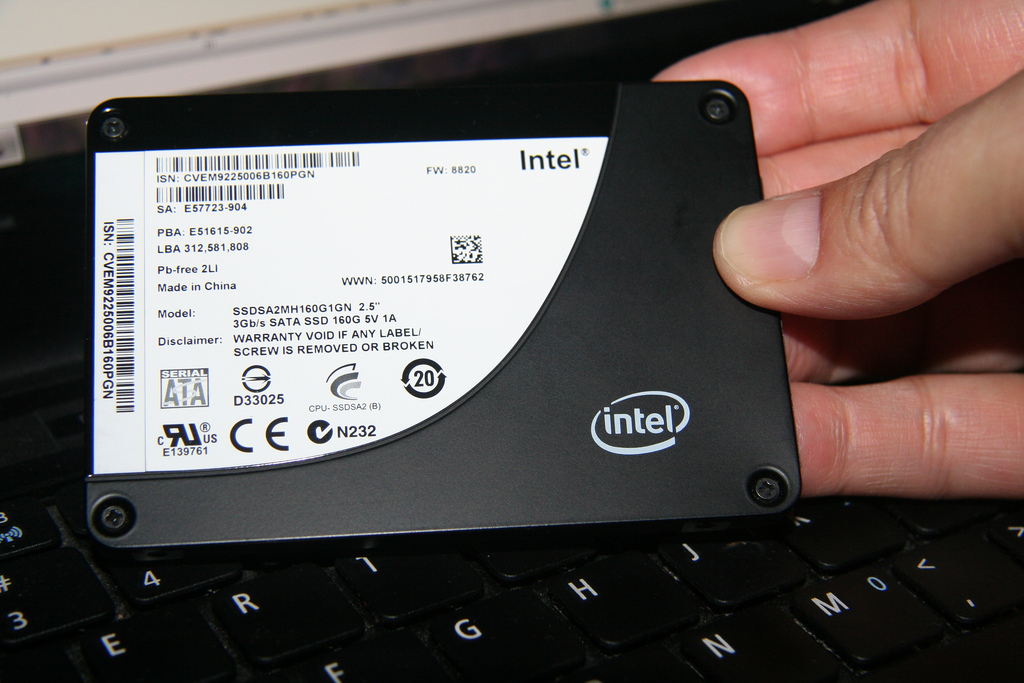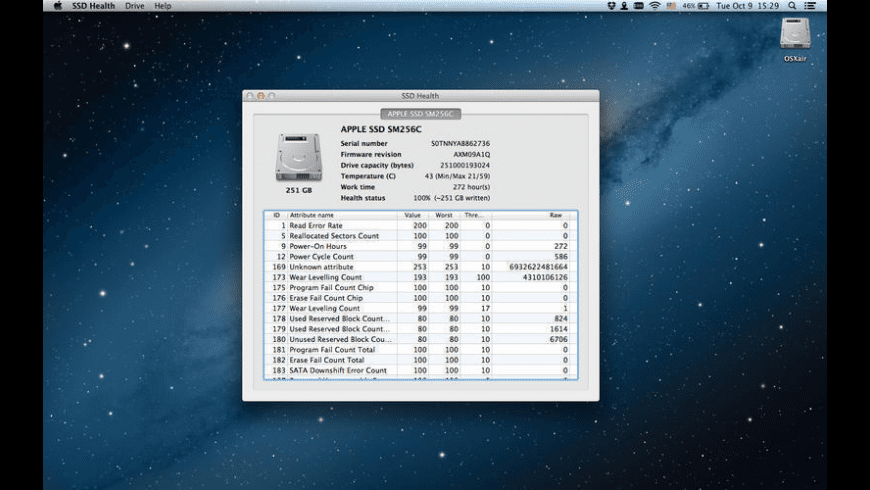
- #HP SSD HEALTH CENTOS INSTALL#
- #HP SSD HEALTH CENTOS UPDATE#
- #HP SSD HEALTH CENTOS FULL#
- #HP SSD HEALTH CENTOS SOFTWARE#
Timing cached reads: 15670 MB in 2.00 seconds = 7839.79 MB/sec

HDparm testing results are ridiculous ( /dev/nvme0 is the SSD in question, /dev/sda is another HDD) ( Clarify: HDparm program is OK and not malfunctioning, the SSD itself has a wrong performance of only a few MB/s): hdparm -Tt /dev/nvme0n1
#HP SSD HEALTH CENTOS FULL#
This drive is only half full and regularly trimmed. It worked well for over a year and only last week, suddenly, processes started going D (uninterruptable sleep) randomly. That's an HP SSD EX920 1TB installed on a desktop computer running 24/7 as a personal server. A lot of z_wr_iss threads show up randomly once in a while.
#HP SSD HEALTH CENTOS UPDATE#
Update 2: Confusingly, atop shows no strange disk activity, yet the disk is still "very active".
#HP SSD HEALTH CENTOS SOFTWARE#
Now I'm inclined to believe it's a software issue - the SSD should be OK itself. If you want to discuss any third-party tools, drop a comment below and let us know.Update 1: I rebooted this server into another Ubuntu (also 20.04 LTS) installed on the HDD, and hdparm -tT shows a reasonable performance of over 1 GB/s. Throughout this post, you got to know about the multiple ways you can check the health of your Hard Disk Drives and Solid-State Drives. You’ll get all the arguments and parameters you can mix and match to customize the tests as extensive and comprehensive as possible. If you want to explore all the possible options you can use with the smartctl command, you can pull it up by using the following: $smartctl -help You’ll get the following short output, and rather than stats, you’ll see if the test passed or failed. If you want to inspect the overall health of your data storage device, type and run the following: $sudo smartctl -d ata -H /dev/sda

Through this long test, you’ll get everything included in the short test along with much more. You’ll get the following output.įollowing a short testing, you can run a long test, using the following command: $sudo smartctl -t long -a /dev/sda Through this short test, you’ll test the electrical and mechanical properties along with read/verify. Now you can launch a short test, using the following command: $sudo smartctl -t short -a /dev/sda Once the service has been started, get the information of your hard drive through the following command: $sudo smartctrl -i /dev/sda You’ll get an output similar to the following: Testing the health of your HDD/SSD Type this command to check the status: $systemctl status smartd Since you need the service running, you need to check the status of the service before running any tests. Once done, you’ll need to start the service through the following command $systemctl start smartd
#HP SSD HEALTH CENTOS INSTALL#
In your terminal, type the following: $sudo apt-get install smartmontools -y Through the terminal, you’ll need to start by installing the SmartCtl package. If there are multiple storage devices, you can go back to the previous window and select the other device to test it.

In the window that opens up, you’ll be able to see the status of your data storage device.


 0 kommentar(er)
0 kommentar(er)
